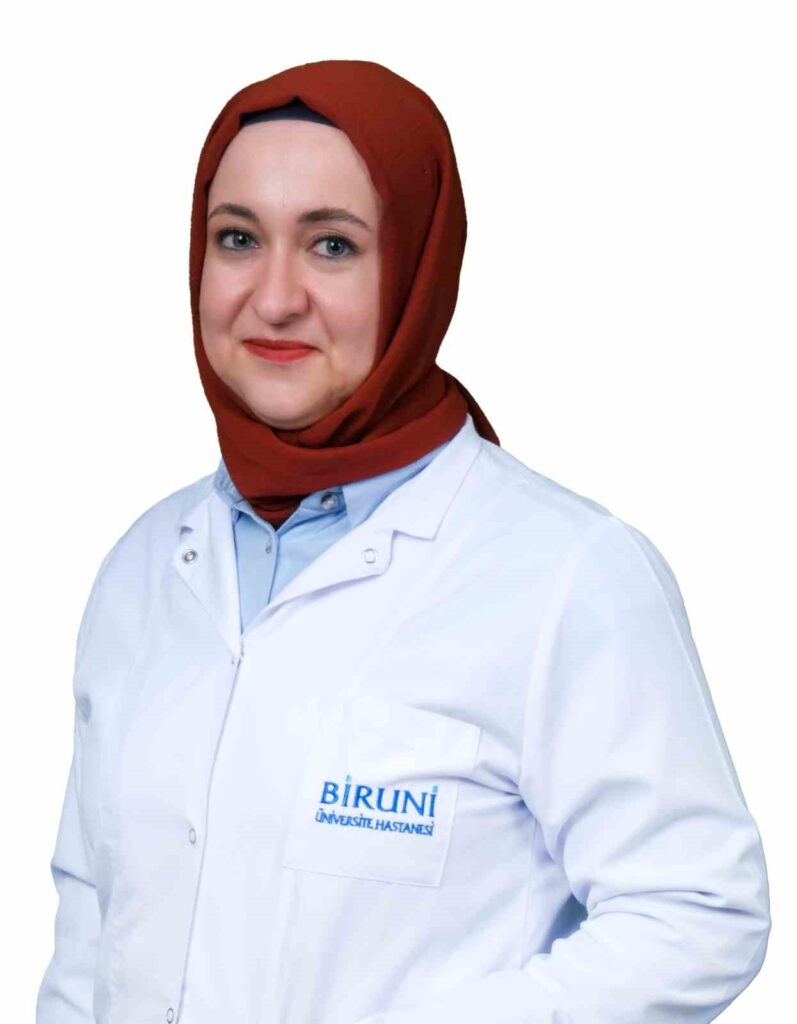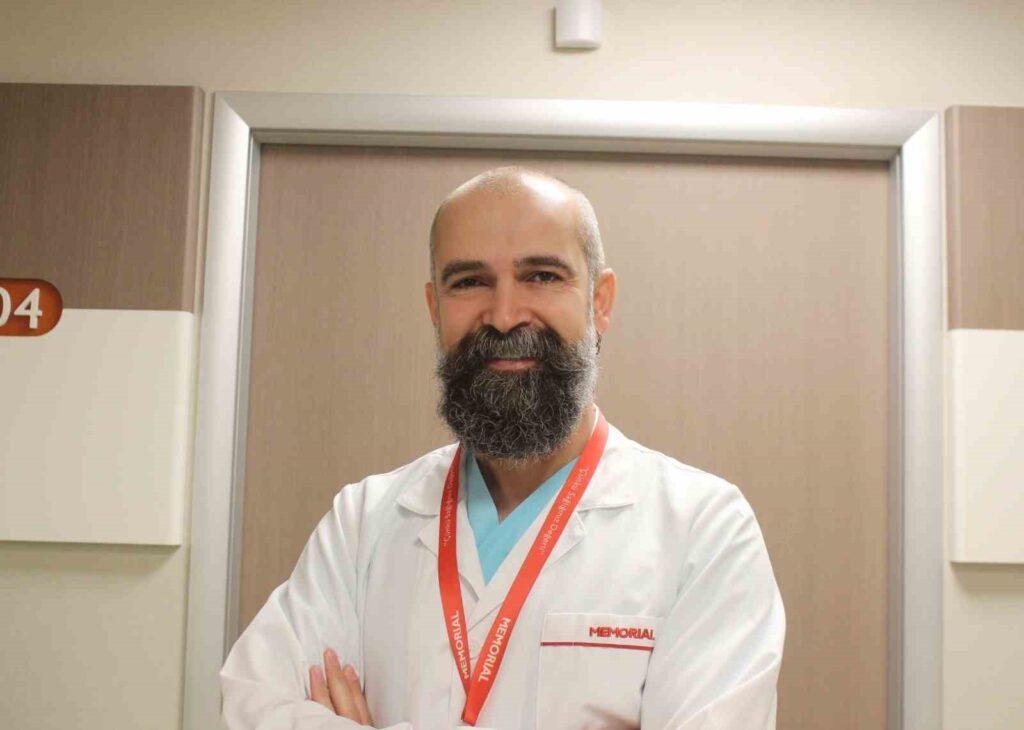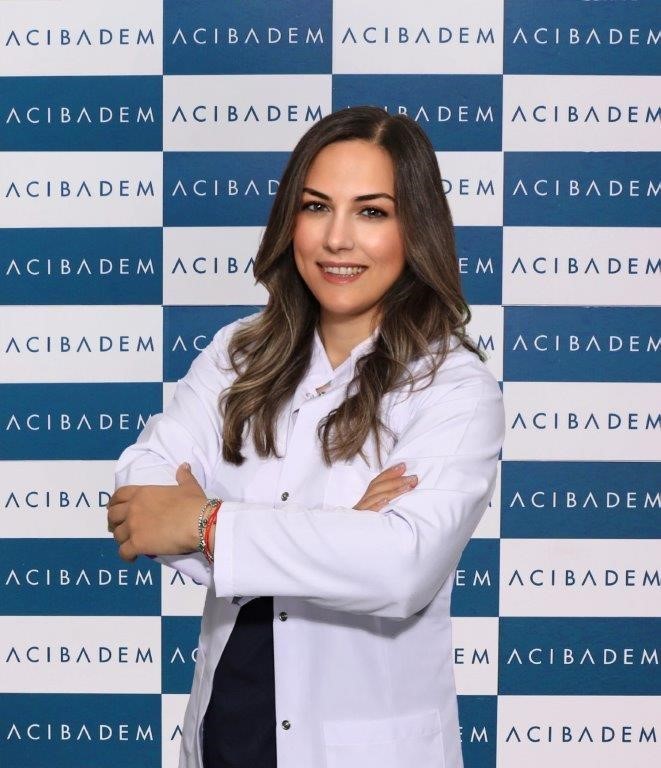Lifestyle changes are essential for obesity treatment
Dr. Esra Karakaş, an endocrinology specialist at Acıbadem Kayseri Hospital, pointed out that obesity is observed in 3 out of every 10 people, stating that the most effective way to combat obesity is to change one’s lifestyle. Karakaş mentioned sugar and calorie …

Acıbadem Kayseri Hospital Endocrinology Specialist Dr. Esra Karakaş pointed out that obesity is seen in 3 out of every 10 people, stating that the most effective way to combat obesity is lifestyle change. Karakaş recommended reducing sugar and calorie intake, increasing vegetable and fruit consumption, and enhancing movement and exercise.
Stating that approximately 30% of the population in Turkey is affected by obesity and that this rate is becoming increasingly widespread, Dr. Esra Karakaş from Acıbadem Kayseri Hospital expressed that obesity has become an escalating public health problem today. Dr. Karakaş defined obesity as the excessive increase in the amount of fat tissue in the body, saying, “Obesity occurs due to many reasons such as genetic diseases and lifestyle errors. Chronic diseases such as thyroid diseases, insulin resistance, diabetes, and vitamin deficiencies especially vitamin D deficiency can lead to obesity. It can also develop due to rare adrenal gland diseases, hereditary genetic leptin deficiency, and diseases related to leptin resistance.”
“Lifestyle change is essential”
Emphasizing the importance of lifestyle changes in obesity, Dr. Karakaş stated that sedentary lifestyle, consumption of fast food and ready-made foods, and the decrease in vegetable, fruit, and fiber consumption, along with the increase in foods high in sugar and calories, contribute to obesity. She expressed that lifestyle change is a necessary treatment step that must be present at every stage in the fight against obesity, highlighting that it is an indispensable part that should be emphasized.
Dr. Karakaş listed the main actions to be taken for lifestyle change as: “increasing movement, regular exercise, ensuring sleep regulation, regulating nutrition, reducing junk food and fast food consumption, increasing the intake of healthy fats, vegetables, and fruits due to fiber consumption, paying attention to quality protein intake, reducing processed food consumption, controlling daily calorie intake, and stress management.”
“Medical treatments should be initiated”
Dr. Karakaş also mentioned that medical treatments are applied in addition to these changes, stating, “Before moving on to radical methods applied in obesity treatment, the patient should definitely be evaluated in endocrinology or internal medicine clinics, and medical treatments should initially be started. These treatments must be under the supervision of a physician.”
She noted that surgical treatment methods have become an option for individuals who are unable to lose sufficient weight with lifestyle changes, diet, and medical treatment, particularly for those with a body mass index of 40 or higher or those with a body mass index of 35 or higher who have developed obesity-related complications.
“We should reduce the time spent in front of screens”
Referring to the relationship between obesity and diabetes, Dr. Karakaş stated, “Not every diabetic patient is more prone to obesity; however, obesity is more frequently observed in patients with Type 2 diabetes who have developed insulin resistance.”
Emphasizing the need to stay away from foods high in sugar, fat, and calories to prevent obesity, Dr. Karakaş continued her remarks: “Especially to avoid obesity, we need to increase our movement and fiber consumption. We need to increase our vegetable and fruit intake. We should be careful to drink plenty of water. We should reduce the consumption of high sugar, fatty, and calorie-dense foods. We should minimize the time we spend in front of screens. I definitely recommend that our vitamin levels be evaluated periodically and any deficiencies be addressed by our doctors for the prevention of obesity.”







